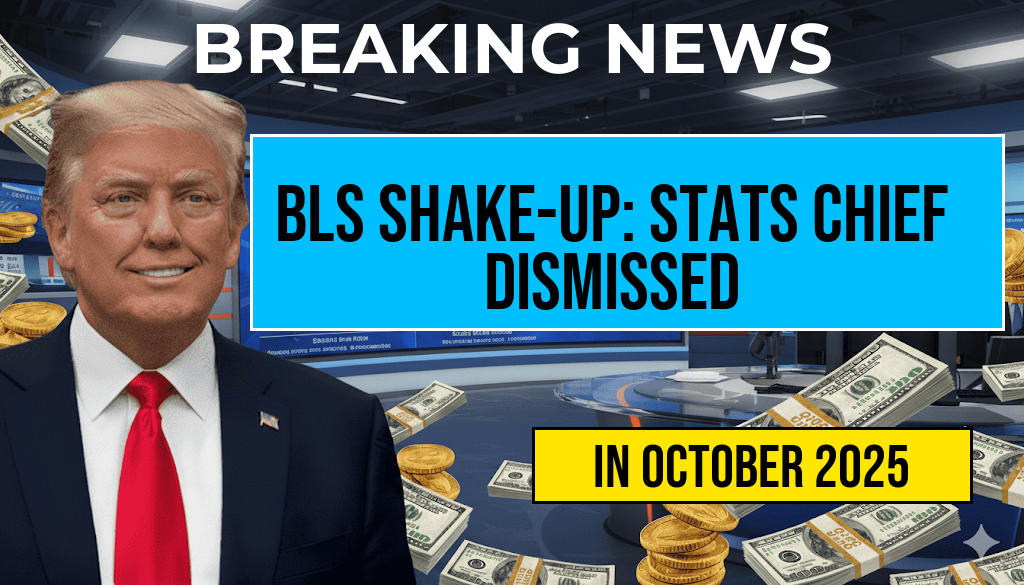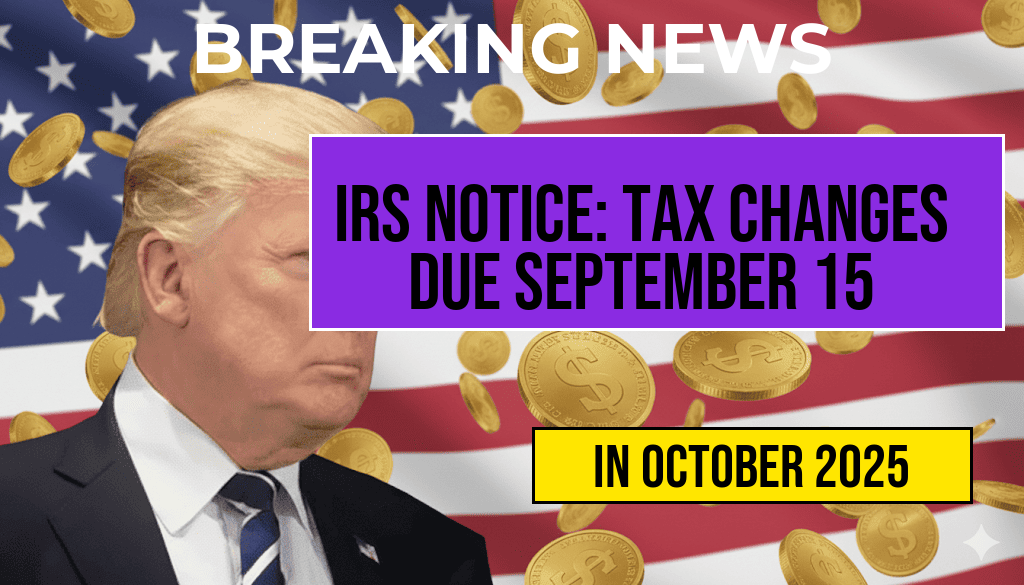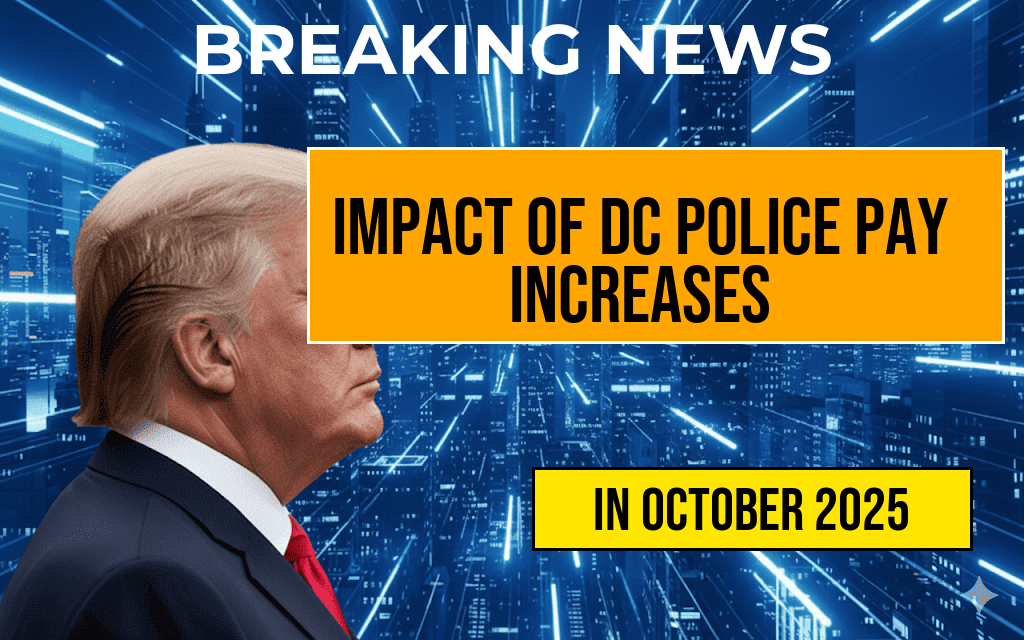The recent dismissal of the Bureau of Labor Statistics (BLS) Chief, following a disappointing jobs report, has sparked significant debate about the future of labor statistics and their impact on American workers. With a failure to meet economic expectations, the BLS has faced scrutiny regarding its data collection methods, leading to a temporary freeze on critical employment data. This shake-up not only raises questions about the agency’s credibility but also poses potential challenges for workers navigating a fluctuating job market.
Impact of the Dismissal on Labor Statistics
The abrupt removal of the BLS Chief comes amid widespread criticism of the latest jobs report, which revealed that the U.S. economy added only 150,000 jobs in the last month, significantly lower than the anticipated 250,000. This discrepancy has led to concerns about the accuracy and reliability of the data being reported. Analysts argue that the BLS must implement reforms to restore confidence in its statistics.
Reasons Behind the Dismissal
- Accountability: The BLS is expected to provide accurate and timely data to inform policy decisions. The recent shortcomings raised questions about accountability.
- Political Pressure: Both sides of the political spectrum have voiced their concerns over labor data, prompting the administration to take action.
- Public Trust: Maintaining public trust in economic indicators is crucial for effective policymaking, and the BLS’s recent performance has jeopardized this trust.
The Data Freeze and Its Consequences
In light of the turmoil, the BLS has implemented a temporary freeze on reporting certain critical employment data. This measure is intended to allow the agency time to reevaluate its methodologies and improve data accuracy. However, the freeze raises significant concerns for workers and employers alike, as access to timely labor market information is essential for making informed decisions.
Potential Challenges for Workers
- Job Security: Without accurate job creation figures, workers may find it more challenging to assess job security and opportunities in their sectors.
- Wage Negotiations: Employers often rely on labor statistics for wage-setting. A lack of reliable data may hinder fair negotiations.
- Career Planning: Individuals looking to enter or change careers depend on labor market trends; a data freeze could complicate these decisions.
Future of the Bureau of Labor Statistics
As the BLS navigates this challenging period, the future of labor statistics remains uncertain. Experts suggest that the agency must prioritize transparency and adaptability to regain public confidence. Implementing modern data collection technologies and methodologies could enhance the accuracy and reliability of labor statistics moving forward.
Community Reactions
Responses from labor unions, business associations, and economic experts have varied widely. Labor unions express concern that the lack of accurate data could undermine workers’ bargaining power, while some business leaders argue that the freeze could help the BLS recalibrate its methods for a more accurate reflection of the labor market.
Looking Ahead
The BLS has committed to a comprehensive review of its practices, which it hopes will lead to a more robust data collection framework. Stakeholders are awaiting the outcomes of this review, anticipating that it will result in improved reporting processes that better serve both employers and employees.
Conclusion
This shake-up at the BLS highlights the critical importance of accurate labor statistics in shaping economic policy and supporting workers. As the agency works to address its recent shortcomings, the broader implications for the American workforce remain to be seen.
For further information on labor statistics, visit Wikipedia or read more on Forbes.
Frequently Asked Questions
What led to the dismissal of the BLS stats chief?
The dismissal of the BLS stats chief was primarily triggered by a disappointment in job statistics that raised concerns about the accuracy and reliability of employment data. This incident highlighted the importance of transparent data reporting in economic policy.
How does the data freeze affect workers?
The $0 data freeze may lead to a lack of updated employment statistics, making it difficult for policymakers and businesses to make informed decisions. Consequently, this uncertainty could negatively impact workers seeking job opportunities and employers planning future hiring.
What are the implications of inaccurate job statistics?
Inaccurate job statistics can skew the perception of the labor market, potentially leading to misguided economic policies. This can affect workers by influencing wage growth, job availability, and overall economic stability.
What steps is the BLS taking to restore confidence in its data?
The BLS is reportedly implementing new protocols and oversight measures to enhance the accuracy and reliability of its job statistics. This includes revising data collection methods and increasing transparency to regain trust from the public and stakeholders.
How might this shake-up influence future employment policies?
The shake-up within the BLS could lead to a reevaluation of employment policies at both federal and state levels. Lawmakers may prioritize more robust data collection and analysis to ensure policies are based on accurate labor market insights.








